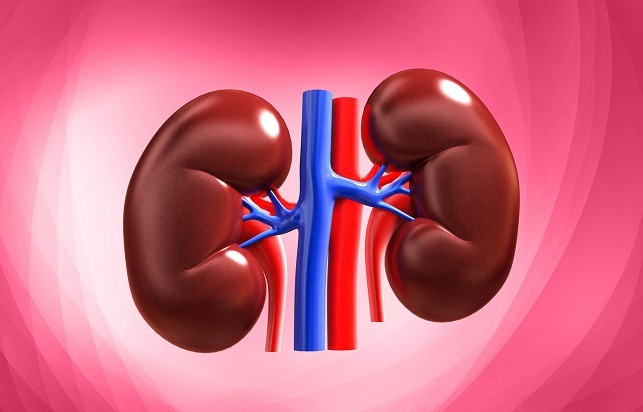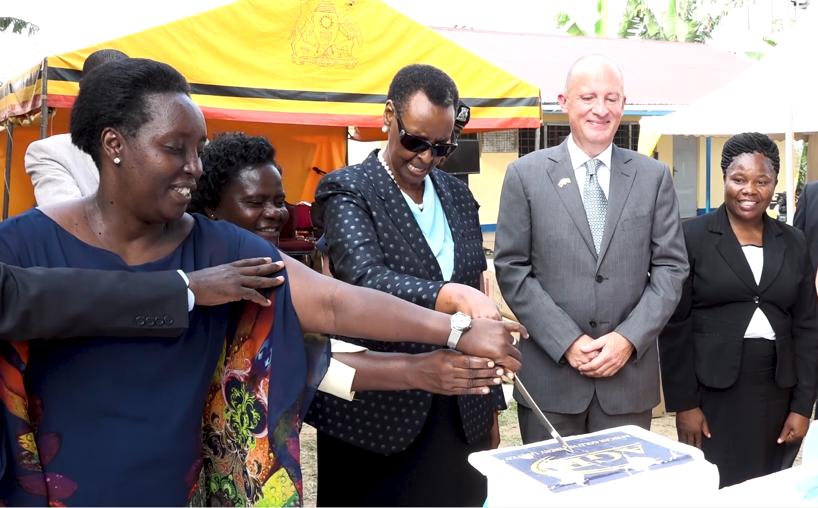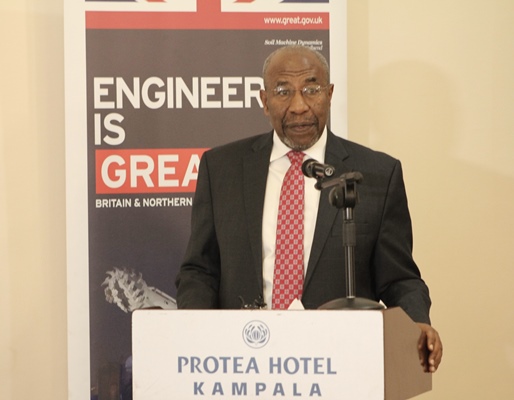The Uganda Human Rights Commission (UHRC) has backed the proposal by Ministry of Health in the Uganda Human Organ Donation and Transplant Bill 2021 to have hefty fines to a tune of Shs2Bn imposed on individuals involved in illegal organ, tissue transplant saying the penalties should be stringent enough to deter the practice.
The Commission’s position was relayed by Ruth Ssekindi, Director Monitoring and Inspection while appearing before Parliament’s Health Committee that is currently scrutunising the Uganda Human Organ Donation and Transplant Bill 2021.
Asked why in their presentation why they didn’t make any comments on the fines imposed, Ssekindi said as the Commission, their top priority is to protect human rights against any violations and therefore, the penalties imposed are punitive to deter the practice of illegal organ harvesting.
“Any person who sells organs, their penalty is life imprisonment and we are okay with that. However there is the third person who receives and takes part in negotiation, their penalty is Shs2Bn and because it is punitive, as a commission we are fine. It is so punitive that it is a deterrent,” she said.
Clause 86 prohibits commercial dealings in human material for transplantation and stipulates that monetary or any other form of compensation for organs, tissues or cells other than reimbursement of donation related expenses is prohibited and imposed a fine of Shs2Bn or life imprisonment.
Shifray Lukwago, Member of the Commission also expressed reservations on Clause 88(2)(a) that allows for payment which do not constitute financial gain or comparable advantage in particular compensation for living donors for loss of earnings or any justifiable expenses caused by the removal or related medical examinations.
She argued that the provision for compensation of loss of earnings could result into commercialized dealings of organs, tissue and cells in the pretext of compensation for lost earnings.
“The UHRC recommends that the Bill excludes any clauses that the Bill excludes any clauses which could be misconstrued, misinterpreted or exploited to cause commercial dealings in human material for transplantation,” she said.
The Commission also asked the Committee to ensure that the legislation provides for modalities on how donors will receive treatment after the donation process arguing that the process of organ transplantation is very expensive and not only limited to the surgical process but also the continuing rehabilitation process, yet the proposed legislation has no indication on how the donors will be assisted medically and psychologically in the recovery process which might take long, depending on the procedure taken.
Lukwago remarked, “The Commission is particularly concerned about the vulnerable persons who might not be able to meet those costs. UHRC therefore recommends that the Bill explicitly includes a provision for medical and psychological support to donors who might require long term care after removal of organs. This will be aimed at assisting the donors to recover and not pay for payment for donation organs.”
Esther Mbayo (Luuka DWR) also commented on the failure in the bill on how post donation care will be handled remarking, “Really if we allow compensation for the loss, we shall be allowing earning and commercialization because a relative may be willing to donate, but what happens after the donating, who foots the bill?”
The UHRC welcomed the bill stating that its enactment will be key in addressing a number of human rights violations that Ugandans face and these have been at the forefront in recent years, from murders of women in Wakiso and extraction of their body organs, to human trafficking and kidnaps of people to different countries.





